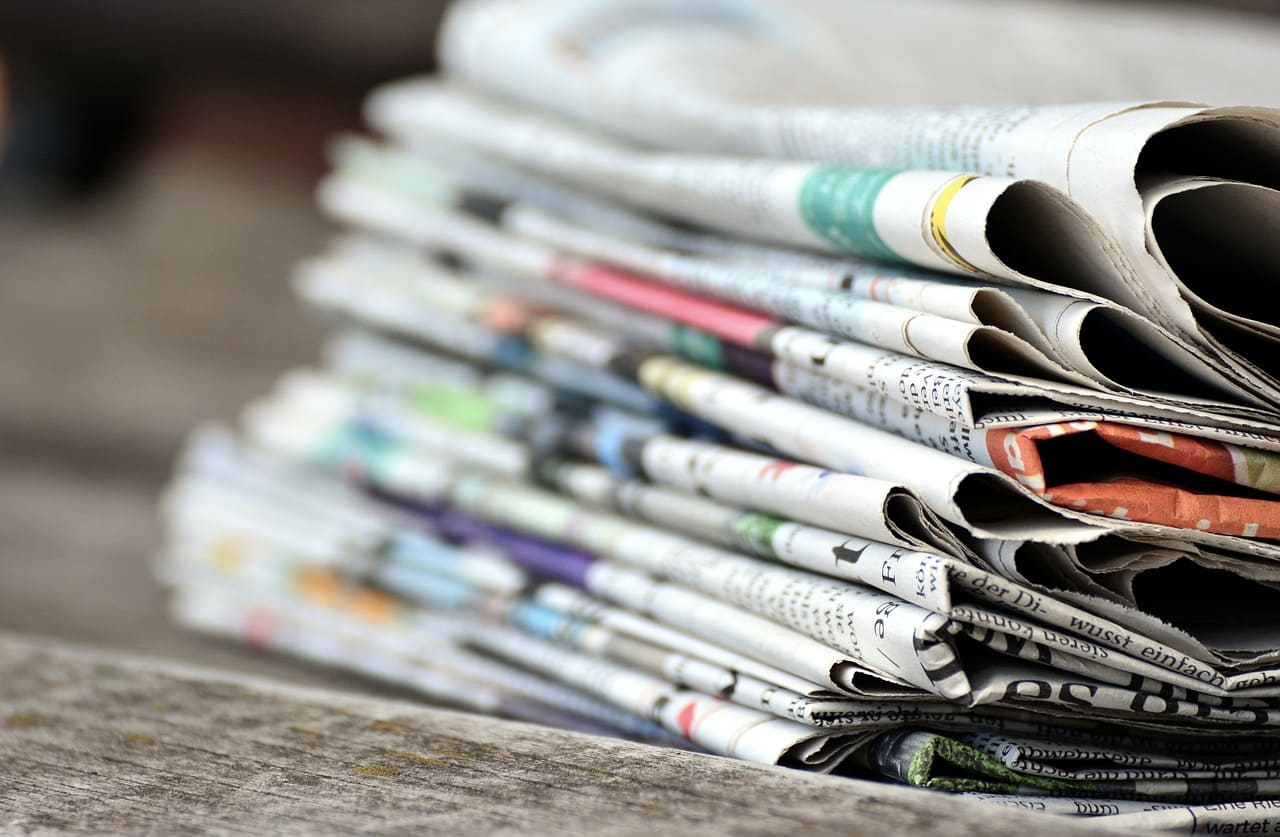The media landscape is a dynamic and ever-evolving field, significantly influenced by the roles of news editors and editors. These individuals play a crucial part in shaping the information we consume daily. These professionals ensure that the information reaching the public is accurate, timely, and relevant. While their roles may overlap, each brings a unique set of responsibilities and skills to the table.
In this blog, we will delve into the responsibilities, skills, and future prospects of news editors and editors, exploring how their roles contribute to the media’s integrity and effectiveness.
What is a News Editor?
A news editor is primarily responsible for the content that appears in newspapers, websites, and television news programs. They play a key role in deciding what news gets published and how it is presented to the public.
News Editor Responsibilities
- Selection of News: Deciding which stories are newsworthy and allocating resources accordingly.
- Editing: Ensuring that all news content is accurate, well-written, and conforms to ethical standards.
- Supervision: Overseeing reporters and journalists, guiding them on story approaches and angles.
- Scheduling: Managing deadlines and ensuring timely publication of news stories.
- News Editor Skills and Personality Traits
- Attention to Detail: A keen eye for accuracy and detail is essential.
- Decision-making: Quick and effective decision-making skills to choose relevant news stories.
- Leadership: Strong leadership to guide and motivate the news team.
- Adaptability: The ability to adapt to fast-changing news environments and technology.
What is an Editor?
An editor, in the broader sense, is involved in the selection, preparation, and revision of written material for publication in books, magazines, and online platforms. They ensure the content is engaging, clear, and suitable for the target audience.
Responsibilities of Editors
- Content Development: Working with writers to develop content that is engaging and informative.
- Proofreading and Editing: Ensuring the grammatical accuracy, clarity, and style consistency of the content.
- Content Planning: Planning the themes, topics, and layout of publications.
- Market Research: Understanding audience needs and preferences to tailor content accordingly.
Types of Editors
In the publishing and media industries, editors play a crucial role in shaping content, ensuring it meets the desired standards of quality, clarity, and relevance. There are several types of editors, each specializing in different aspects of the editing process. Here’s a look at the primary types of editors and their responsibilities:
- Acquisition Editors
- Developmental Editors
- Copy Editors
- Line Editors
- Content Editors
- Proofreaders
- Managing Editors
- Assignment Editors (specific to news and journalism)
- Photo Editors
- Layout Editors
- Commissioning Editors
- Technical Editors
- Freelance Editors
- Multimedia Editors
- Social Media Editors
How Do News Editors and Editor Work Together?
While news editors focus on the immediacy and relevance of news content, editors in other domains ensure the content’s quality and coherence over longer periods. Together, they ensure that the content is not only newsworthy and timely but also well-written and engaging, catering to a broad audience’s needs.
Challenges Facing News Editors and Editors
Adapting to Digital Transformation: The shift to digital platforms requires adapting content and strategies to fit new mediums.
Maintaining Credibility: In an era of “fake news,” maintaining and enhancing the credibility of their publications is a constant challenge.
Resource Constraints: With shrinking budgets, doing more with fewer resources is a growing challenge.
The Future of News Editing and Editing
The future of news editing and editing is intricately linked to technological advancements and changing consumer behaviors. Embracing digital platforms, leveraging artificial intelligence for routine tasks, and focusing on investigative journalism are some trends shaping the future. Additionally, editors must prioritize engaging content that adheres to ethical standards to maintain public trust.
Conclusion
The roles of news editors and editors are foundational to the media industry. Despite the challenges, their commitment to delivering accurate, timely, and engaging content remains unwavering. As the landscape evolves, their adaptability, creativity, and dedication will continue to play a critical role in shaping the future of media. In an era of information overload, the importance of their roles in ensuring the integrity and reliability of content cannot be overstated.
Also read:
What is a Multimedia Journalism
What is The Importance of Journalism in India
Traditional Media Vs Social Media: Difference Between
